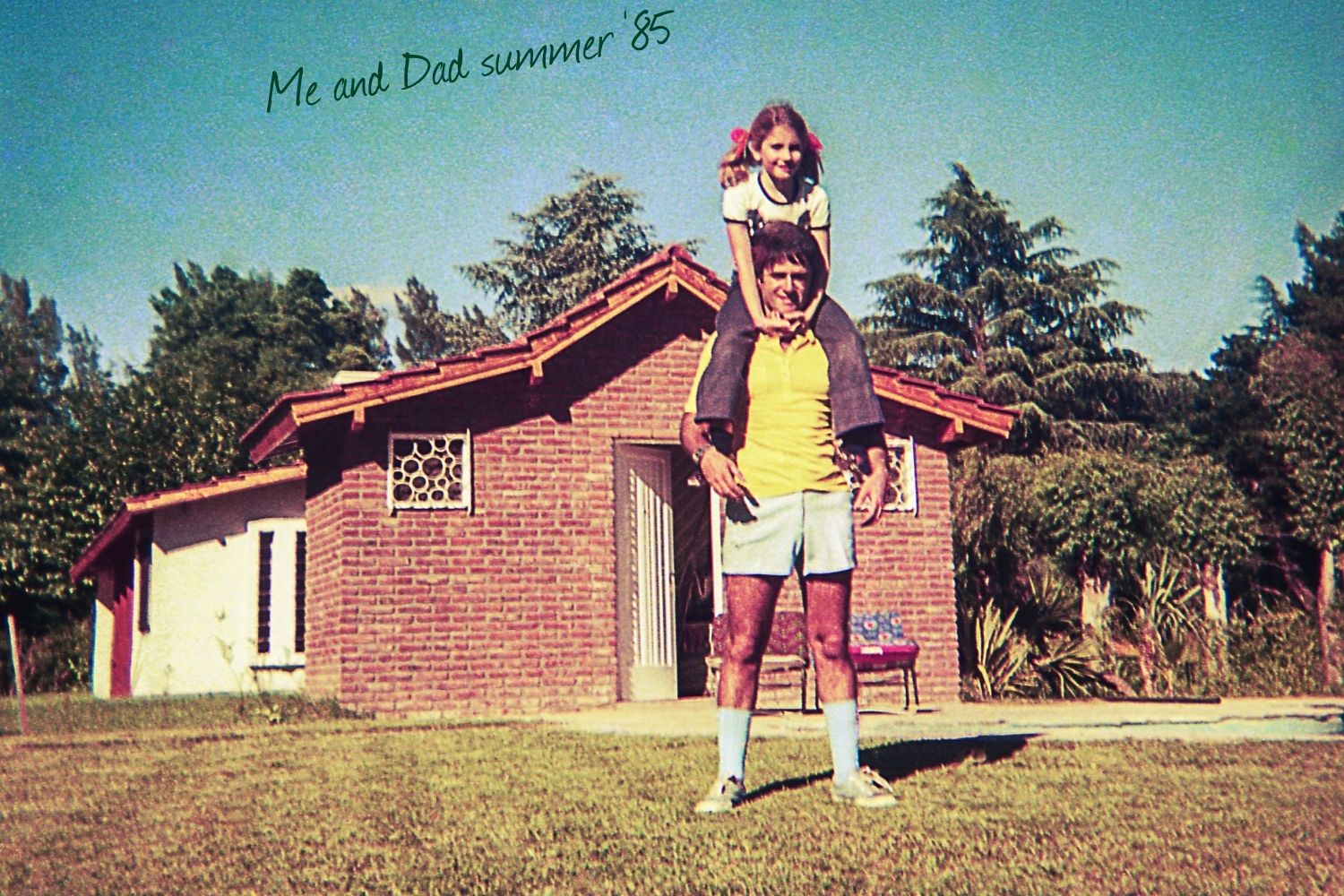Recognising when a loved one might need care

We often get asked by families 'how do i know when my loved one needs care?'. Whist there is not always a clear answer, being able to recognise when a loved one may need additional support and care is crucial. It can be challenging to acknowledge, but it’s a necessary step in ensuring their well-being and quality of life. As family members or friends, noticing subtle signs early on can help in making informed decisions about elderly care. Here we look at four key areas of need to keep an eye on; Physical, Cognitive, Emotional and Environmental.
Physical Signs of Need
Changes in Mobility
Difficulty getting up from a chair, walking or noticible limping could indicate mobility issues. A loved one might avoid certain physical activities due to fear of falling or physical discomfort, which can lead to more serious health risks if not addressed.
Decline in Personal Hygiene
A noticeable decline in personal hygiene, such as unkempt hair, body odor, or wearing the same clothing repeatedly can be an indicator that your loved one is struggling with daily self-care. This may be due to physical limitations or a lack of motivation, commonly associated with depression or memory issues.
Unexplained Weight Loss
Sudden or unexplained weight loss can be a sign of several underlying issues, from difficulty cooking or shopping for groceries to medical conditions that need attention. If you notice significant changes in their weight or eating habits, it’s crucial to look further into the cause.
Cognitive Signs of Need
Memory Lapses
Everyone forgets things occasionally, but frequent memory lapses, such as forgetting to pay bills or missing appointments, may suggest cognitive decline. This can be particularly concerning if these memory issues interfere with their ability to manage day-to-day tasks independently.
Confusion and Disorientation
Experiencing confusion about time, places, or familiar faces can be distressing for both the individual experiencing it and their loved ones. This disorientation can be a sign of dementia or other cognitive impairments that require professional evaluation.
Poor Judgment
Making unusual or risky decisions, such as giving away large sums of money or neglecting personal safety, can be a red flag. Poor judgment can lead to dangerous situations and often requires intervention to ensure your loved one’s safety.
Emotional Signs of Need
Withdrawal from Social Activities
If your loved one becomes less interested in social activities or hobbies they once enjoyed, it could indicate depression or a feeling of isolation. Encouraging engagement in community activities and checking in regularly can help in addressing these emotional needs.
Mood Swings or Changes in Behaviour
Significant changes in mood or behaviour, such as agitation, anxiety, or apathy, might suggest underlying emotional or mental health issues. These changes can affect relationships and overall quality of life and often warrant further investigation.
Environmental Signs of Need
Clutter and Disarray
An untidy living space, accumulation of clutter, or signs of neglect in the home environment may indicate that your loved one is overwhelmed or unable to maintain their household as they once did. This can be a practical indicator that additional support is needed.
Unpaid Bills and Financial Issues
Stacks of unpaid bills or unopened mail can signal financial mismanagement, which can arise from memory issues or simply feeling overwhelmed by the task. Addressing these issues promptly can prevent long-term financial difficulties.
Now, what next?
Recognising these signs is the first step in providing the support your loved one needs. It’s important to approach the subject with empathy and understanding, ensuring they feel involved in any decisions regarding their care. Open conversations about their needs and preferences can make the transition smoother and less stressful.
If these signs resonate with your experiences, or if you're uncertain about the next steps, remember that you’re not alone. Contact the Hamilton George Care team to discuss your unique situation. We can provide advice and guidance on how to manage difficult conversations and make key decisions.
Together, we can ensure your loved one receives the care and support they deserve.

